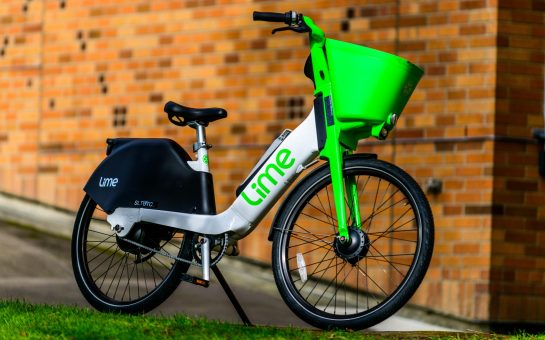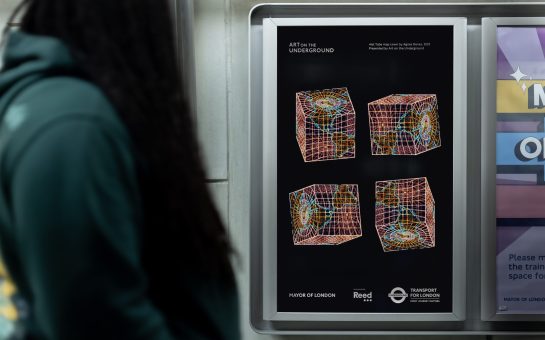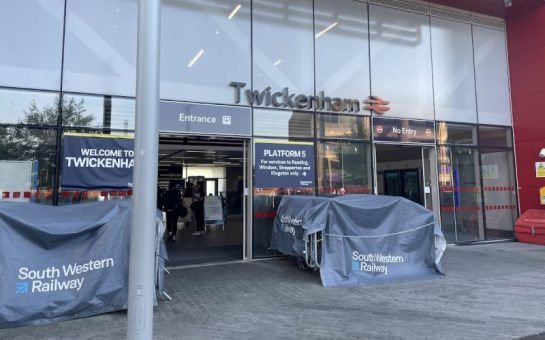By Alex Diggins
July 30 2020, 15.00
Follow @SW_Londoner
The way London moves is changing. Due to the ongoing threat of Covid-19, residents and commuters have been advised to avoid public transport, and social distancing is in place across the network.
But to discourage a switch to mass private vehicle use, Transport for London (TfL) has launched Project Streetspace – a once-in-a-generation initiative to boost walking and cycling and create pavement space for pedestrians.
The £55m project aims to complete 508 modifications across all 33 boroughs by the end of the summer. The money will be spent on widening footways, new cycle lanes, Low Traffic neighbourhoods and School Streets.
Front and centre of the project, though, is a boost to the Santander Cycles hire scheme.
“This is a key moment,” said its head of cycle hire David Eddington.
“It is a chance to make London a true cycling city. We’ve got to choose to stick with it and not lose our nerve. Cycling is the answer.”
Cycle first
The bikes were made available for free for NHS staff and other keyworkers the day after lockdown was declared, 24 March. Docking stations near hospitals were prioritised for redistribution – and additional cleaning regimes were implemented.
But the scheme has not dropped in popularity now that lockdown is easing. May bank holiday was the second busiest on record with more than 70,000 rides recorded. And, in total, between 1 February and 18 June, 3,526,635 rides were registered, a significant boost on previous years.

Lockdown has also changed the makeup of the people who typically use the scheme. There are lots more casual users, outside of office commuting times.
This suggests that working from home patterns and furlough schemes are having a big, potentially permanent, impact on how and when Londoners travel.
David observed: “It’s great to see the scheme really being used. We hope there’ll be a degree of retention from customers who’ve tried it, liked it and don’t want to get back on the Tube.”
Health and transport
The pandemic has spotlighted the links between health, equality and transport. Authorities are looking at ways of linking health, environmental and transport policy — a cornerstone of the government’s anti-obesity campaign, launched on 27 July.
TfL’s head of business development Helen Sharp said: “In London, the movement was already in place towards more active transport.
“But this disease has changed everything – lots of people are reflecting on the journeys they make, discovering the local area. Having access to a bike allows customers to regain a semblance of normality.”
The challenge, Helen noted, is ensuring that progress made towards healthier transport is not lost – and that it remains open to all.
“We’re seeing people who’ve never cycled before. So we’re trying to run the scheme so that it’s flexible enough for everyone’s needs. Traffic levels will rise as people go back to their jobs. There needs to be due consideration of how to protect walkers and cyclists in this new environment.”
Still, she is confident the Streetspace scheme is a strong step towards a cleaner, greener and safer transport system for the capital.
“It feels really great to be involved. We’ve put something in place that’s going to be around for a long time. It feels like an emblem of London’s recovery.”




